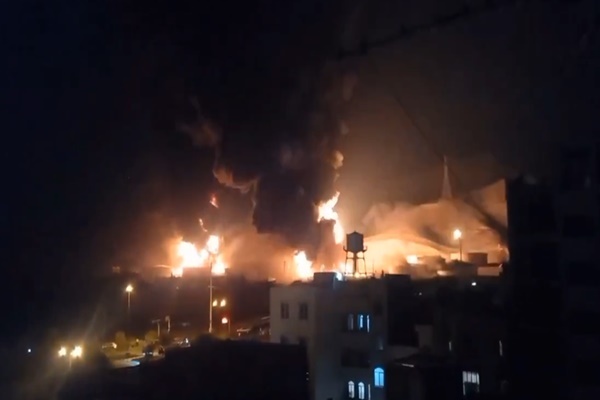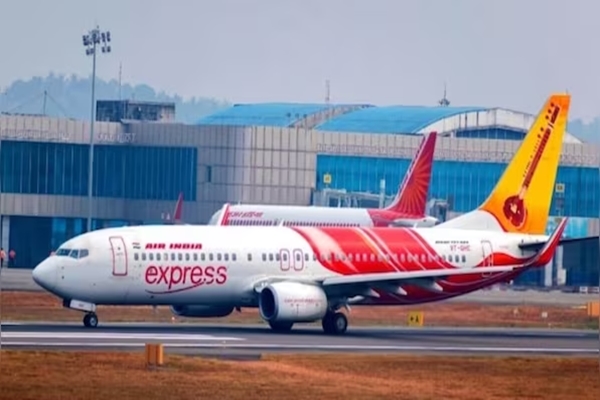As the conflict continues between Iran and Israel, the Israeli military today claimed it conducted a new wave of airstrikes on Iran , shortly after intercepting a missile fired from Iran. It said it targeted military infrastructure sites in Iran’s Kermanshah province, striking surface-to-surface missile launch and storage facilities. More than 15 warplanes participated in the operation. Iran has also sent waves of missiles and drones into Israel, with blasts heard in multiple cities.
On the other hand, Iran’s Parliament unanimously approved a proposal to close the Strait of Hormuz, one of the world’s most critical oil and gas shipping routes. However, the final move awaits approval from Iran’s Supreme National Security Council. The Strait of Hormuz handles a big chunk of global oil exports and liquefied natural gas shipments, making it one of the most strategically vital maritime chokepoints.
Meanwhile, U.S. military officials have placed forces across the region on heightened alert. The Pentagon is reportedly preparing for potential naval confrontations to keep the strait open, as any sustained closure would represent an existential threat to global energy security and economic stability.
Russian President Vladimir Putin met with Iranian Foreign Minister Abbas Araghchi in Moscow, expressing strong support for Iran amid escalating regional tensions. Putin condemned what he described as an “unprovoked act of aggression” against Iran and reaffirmed Russia’s commitment to its strategic relationship with Tehran.
Araghchi condemned the recent attacks by the United States and Israel on Iranian facilities as illegitimate violations of international law, thanking Russia for its principled stance and emphasizing Iran’s right to defend its sovereignty. The meeting highlighted both countries’ intent to maintain close coordination.
The International Atomic Energy Agency Director General Rafael Grossi convened an emergency meeting of the organization’s Board of Governors in Vienna, demanding the return of agency inspectors to Iran’s nuclear sites to account for highly enriched uranium stockpiles. Grossi warned that the escalating military conflict involving Iran, Israel, and the United States poses a grave threat to the global nuclear non-proliferation regime.
The Security Council emergency meeting was called by Russia and China, which proposed a resolution demanding an immediate and unconditional ceasefire.















